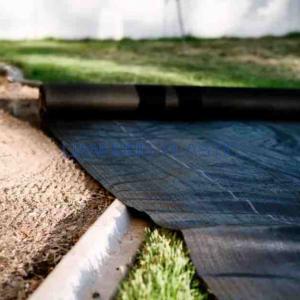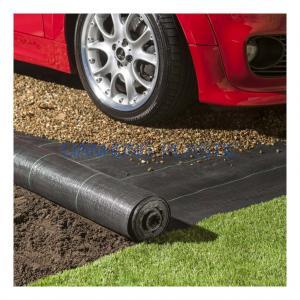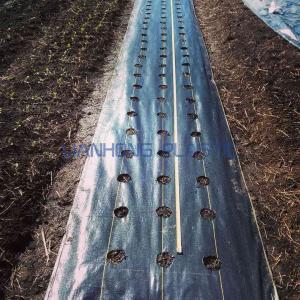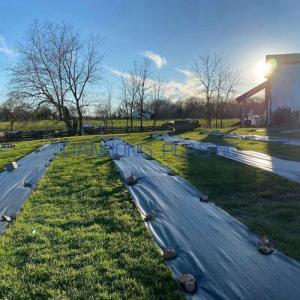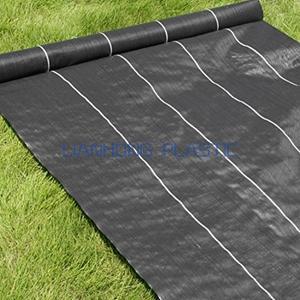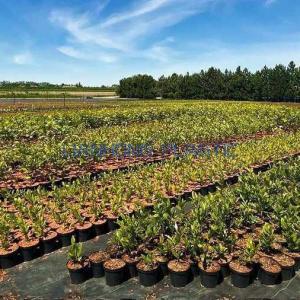Weed Barrier Fabric: Types, Characteristics, and Corresponding Advantages
It serves as a protective layer that blocks weeds from growing, while allowing water and nutrients to pass through. There are various types of Weed Barrier fabric available in the market, each with its own unique characteristics and advantages. In this article, we will discuss some of the popular types of Weed Barrier fabric and their corresponding benefits.
Types of Weed Barrier Fabric
1. Woven Polypropylene Fabric
Woven polypropylene fabric is a heavy-duty weed barrier fabric that is designed to be durable and long-lasting. It is made of tightly woven polypropylene strands, which makes it strong and resistant to tears and punctures. The fabric is also permeable, allowing water and nutrients to penetrate the soil.
One of the key advantages of woven polypropylene fabric is its ability to block sunlight. By preventing sunlight from reaching the soil, it inhibits the growth of weeds. The fabric is also UV-stabilized, which means it can withstand prolonged exposure to sunlight without deteriorating.
2. Non-Woven Polypropylene Fabric
Non-woven polypropylene fabric is a lightweight and breathable weed barrier fabric that is designed to be easy to install. It is made of synthetic fibers that are bonded together using heat and pressure. This bonding process creates a fabric that is resistant to tears and punctures.
The main advantage of non-woven polypropylene fabric is its permeability. It allows water and nutrients to pass through to the soil, while still blocking sunlight from reaching the weeds. This makes it an ideal choice for vegetable gardens and flower beds.
3.PP ground cover
PP ground cover is a type of weed barrier fabric that is made from polypropylene. It is known for its high strength, durability, and resistance to tear and puncture. PP Ground Cover is also lightweight and easy to install, making it a popular choice among gardeners and landscapers. Moreover, it is UV-stabilized, which means it can withstand prolonged exposure to sunlight without deteriorating.
One of the key advantages of PP Ground Cover is its ability to control weeds effectively. It blocks the sunlight from reaching the soil, thus preventing the growth of weeds. At the same time, it allows water and nutrients to pass through, which helps to maintain the health of the plants. PP ground cover also helps to conserve water by reducing evaporation and improving moisture retention in the soil.

Characteristics and Advantages of PP Ground Cover
1. Strength and Durability
PP ground cover is made from high-quality polypropylene material that is known for its strength and durability. It is resistant to tears, punctures, and other types of damage, making it a reliable choice for long-term weed control.
2. UV-Stabilized
PP ground cover is UV-stabilized, which means it can withstand prolonged exposure to sunlight without deteriorating. This makes it an ideal choice for outdoor applications where exposure to sunlight is a concern.
3.Lightweight and Easy to Install
PP ground cover is lightweight and easy to install, which makes it a popular choice among gardeners and landscapers. It can be easily cut to size and laid down over the soil without the need for heavy equipment or tools.
4. Effective Weed Control
PP ground cover is highly effective at controlling weeds. It blocks the sunlight from reaching the soil, which prevents the growth of weeds. At the same time, it allows water and nutrients to pass through, which helps to maintain the health of the plants.
5. Versatility
PP ground cover is versatile and can be used in a variety of applications, such as in flower beds, vegetable gardens, landscaping, and hardscaping. It can also be used as a ground cover for walkways, driveways, and other high-traffic areas.
